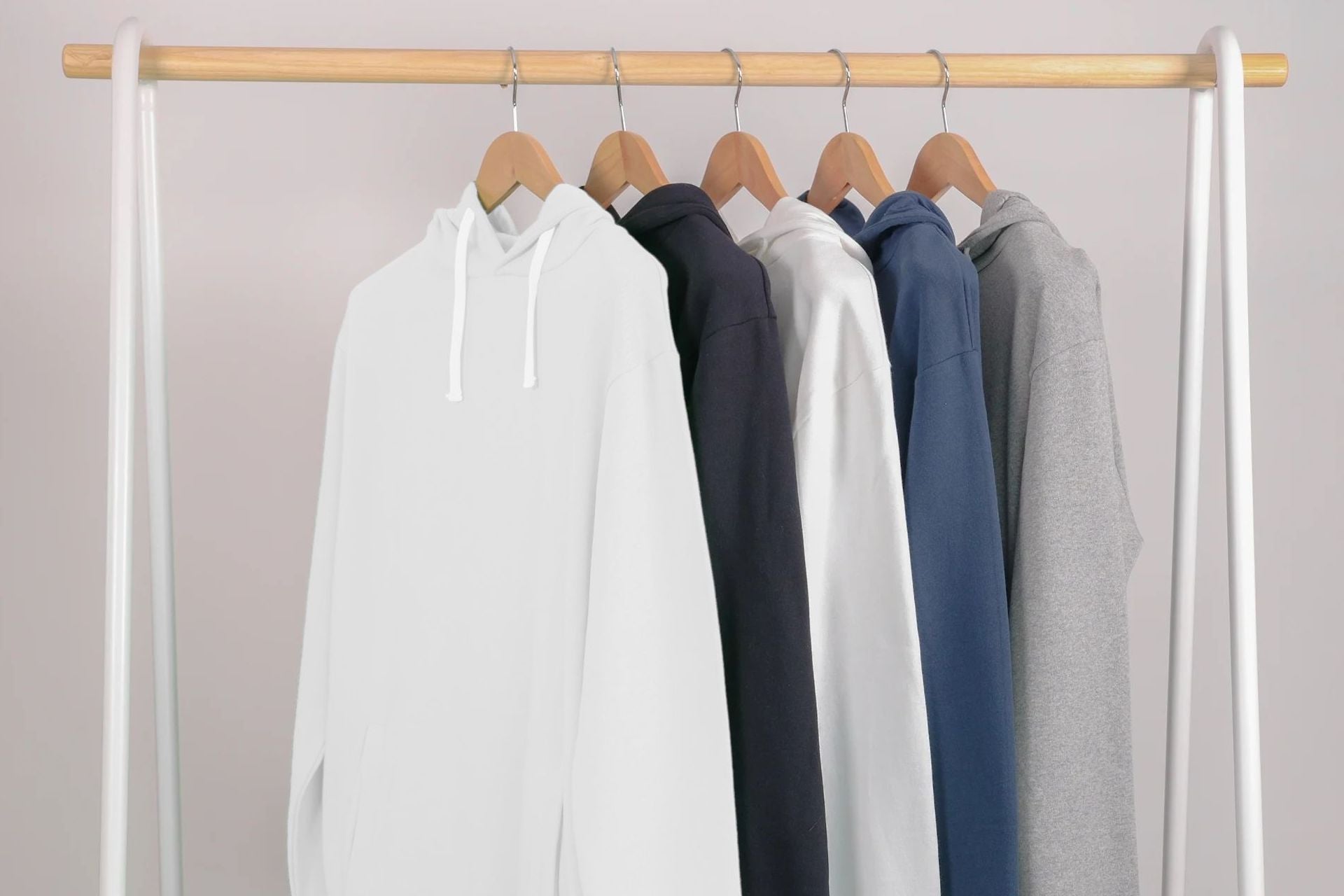Here’s a roundup of some of the finest sustainable fashion stories that hit the news in October…
Levi’s joins other Walmart vendors in renewable wind-energy investment
Levi’s has entered an agreement with Walmart and Walmart suppliers to purchase an upfront percentage of renewable energy over the next 12 years. The agreement covers a purchase of approximately 250,000 megawatt-hours of wind power annually. This energy will be produced by the Sunflower Wind Farm.
The energy will cover the majority of Levi’s electricity needs for its owned-and-operated facilities in the U.S. and Canada for 12 years, beginning in 2024, and help it achieve its long-term energy goals to reduce emissions. Levi’s aims include reducing Scope 1 and 2 emissions by 90 percent by 2025 and using 100 percent renewable electricity in all company-operated facilities by that same year.
This follows on from an announcement earlier in the month where H&M confirmed that it is entering into a long-term partnership with global renewable energy platform, Matrix Renewables. The announcement sadly does not outline any detail quantifying the impact but merely notes that “the partnership brings H&M one step closer to adopting 100 percent renewable energy throughout its operations”.
Second-hand fast-fashion still pollutes poorer nations
Fashion giants like H&M may be collecting more used clothes. But it’s not enough to deal with the 100 billion+ garments produced each year, of which less than 1% gets recycled because of a lack of recycling technology.
What this means is that while used clothing gets collected, it still takes a meandering route to poorer nations, where textile carcasses clog up waterways and oceans. In October, it was reported that there are major problems in Ghana. The layer-upon-layer of strewn garments, which can reach up to six feet high, are known locally as obroni wawu, or dead white people’s clothes. It’s a phrase that tries to explain the mystifying flood of garments from overseas.
The solution? Buy less, buy better, avoid fast fashion houses behind the majority of the waste, and buy more recycled clothing when it’s available. We’re proud to say we’re able to offer a recycled range.
Zara enters resale market with pre-owned service
Zara is entering the resale market by launching a pre-owned service, which will enable shoppers to book repairs and donate unwanted items online or via a store, and post unwanted Zara purchases online for sale.

Fast fashion brands Pretty Little Thing (PLT) and Shein have also launched resale platforms as they attempt to tap into the circular economy. A big factor appears to be the growth of the resale market which is said to be worth over $100 billion. It seems that brands are being attracted to this model as they can “build loyalty among sustainability-minded consumers, offer lower-priced options for new customer acquisition, and continue profiting from products long after they leave the shop floor”.
You might have noticed the sleight-of-hand there and may legitimately wonder if fast fashion resale markets can be considered circular? Understandably, many would be concerned about how consumers hooked on fast fashion may behave if they can more easily dispose of their latest hauls through resale markets. If people wear items on average about 7 times before discarding them then surely this would accelerate behaviours to wearing clothes fewer times as they sell them in order to fund a purchase from the next micro-trend. To some extent, it appears that this may already be happening as observers note that the quality of clothing entering into resale markets is of a lower quality than it used to be, in part due to the prevalence of disposable clothing designed to only be worn once or twice. Consequently, to many observers, these resale markets are nothing more than some additional greenwashing.
Sustainable and genderless clothing retail and studio space opens up in Manchester
Source: Manchester Evening News
Manchester Fashion Movement (MFM) has partnered with Quayside MediaCity to open the new retail and studio space called MFM Kioskdelivers - collaborating with independent brands with a focus on sustainability, alongside an inclusive studio space for exhibitions, performances, art installations, and conversations.
Alison Carlin, co-founder of Manchester Fashion Movement says, "Responsible fashion focuses on timelessness and quality, using materials and finishes that are made to last so kinder to the environment. We have curated a range of brands that are passionate about slow and sustainable fashion, with the aim to engage the local community.
We want to be able to give people options, empower them to make sustainable decisions and engage with our circular fashion movement in a way they can relate to."
Alongside the concept store, the studio space acts as an incubator hub that can be utilised by recent fashion design graduate students from universities such as Salford, Bolton, and Manchester Metropolitan.
Consumers will increase from 15% to 50% in making more sustainable fashion choices
We talked about fashion brands introducing resale platforms for their customers, likely because they’ve felt the increasing trend towards sustainability amongst people. New research by Bain & Company and the World Wildlife Fund (WWF) Italy confirms this. While 65% of fashion consumers claim to care about the environment, only 15% make consistent buying decisions that lower their environmental impact.

Consumer discrepancy between willingness to act sustainably and actual behaviour
The reason for this disconnect is the several other factors present that make a big impact when considering a purchase decision, such as product quality, durability, limited assortment, being able to tell when an item is sustainable or not, and price.
The good news is that their analysis concluded that despite those factors, the percentage of fashion consumers making purchase decisions that lower their environmental impact will increase to 50%. That’s a pretty big number and it seems brands will be forced to make significant sustainable changes.
That was all for now - stay tuned for November's roundup!




